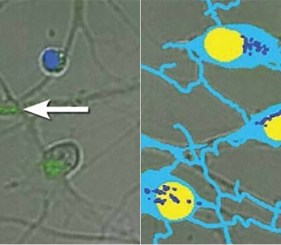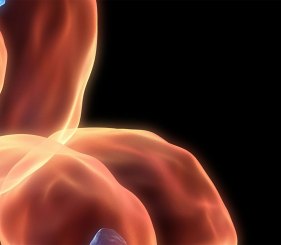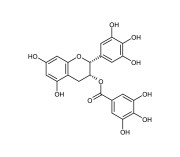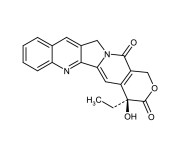Autophagy
Industry-leading Tools for Analysis of Autophagy

Enabling a Clearer Understanding of Autophagy and Disease Through Innovative Assays
Autophagy (literally “self-eating”) is a lysosome-mediated intracellular bulk degradation pathway employed by eukaryotic cells when subjected to certain hostile conditions (such as nutrient deprivation) that triggers digestion and recycling of cellular contents. Various cytoplasmic constituents, including organelles, aggregated proteins, and long-lived proteins are sequestered into double-membrane autophagosomes, which subsequently fuse with lysosomes to have their contents degraded. Autophagic activity is critical to the maintenance of cellular homeostasis and energy balance. Autophagic activities are typically low under basal conditions, but can be markedly upregulated by a variety of physiological stimuli such as nutrient starvation, hypoxia, endoplasmic reticulum (ER) stress, as well as immune and hormonal stimulation. Mounting evidence has connected malfunctions in autophagic processes to many clinically relevant diseases including cancer, neurodegeneration, diabetes, autoimmunity, and cardiovascular disease. Among others, development of autophagy-targeting therapies will depend on a deeper understanding of the benefits, and potential consequences, of altering autophagic activity.

CYTO-ID® Autophagy Detection Kit
LC3 Antibodies & Proteins
M4-64 (yeast autophagy)
Reference articles
Autophagy Library and Pathway Modulators
The SCREEN-WELL® autophagy compound library is a curated collection of 96 activators and inhibitors of autophagy. The ready-to-screen library is thoroughly researched by our chemists, and all of the individual compounds included are available for resupply. In addition, many common autophagy inhibitors and activators such as those listed below are available for purchase as standard catalog items.
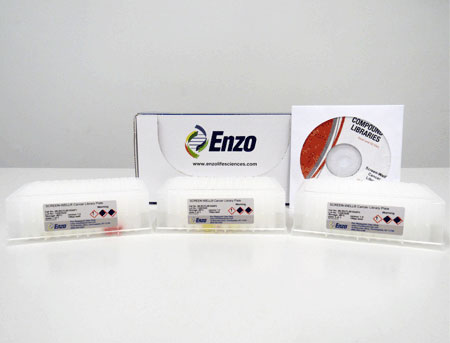
Latest Articles
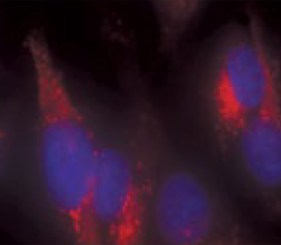
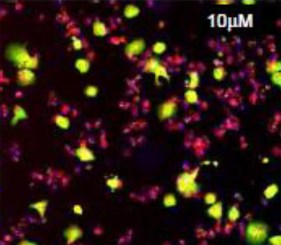
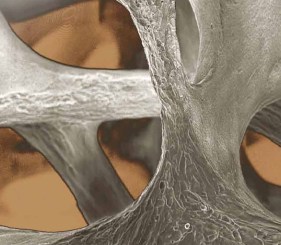
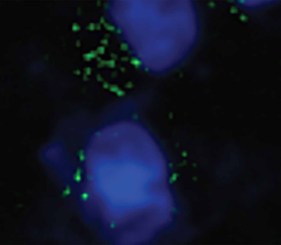

Live Cell Analysis
Download Resource
 Lab Essentials
Lab Essentials AMPIVIEW® RNA probes
AMPIVIEW® RNA probes Enabling Your Projects
Enabling Your Projects  GMP Services
GMP Services Bulk Solutions
Bulk Solutions Research Travel Grant
Research Travel Grant Have You Published Using an Enzo Product?
Have You Published Using an Enzo Product?

